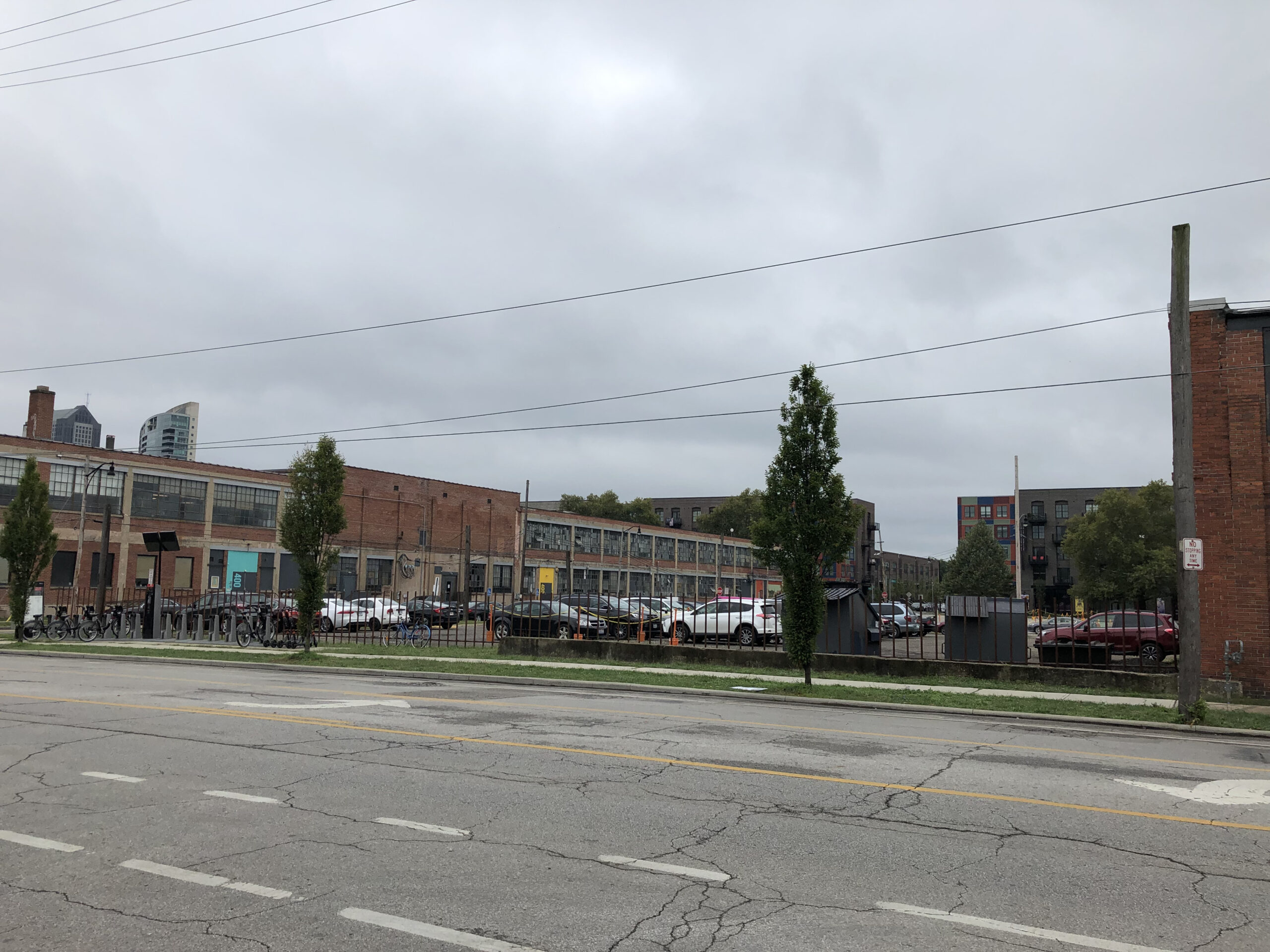B&T Metals, at the corner of Front and Long streets (now Town and Lucas streets) in Columbus, Ohio, manufactured aluminum pieces used to hold linoleum and carpeting to the floor. When Lyman Kilgore bought the company in 1932, it became one of the first African-American owned factories in the United States, employing more than 500 workers on three shifts at its peak.


For eight months during 1943, B&T Metals was contracted by DuPont to extrude rods of uranium metal pellets for the B Reactor in Hanford, Washington, for the Manhattan Project. In the northwest corner of the main building on the second floor, workers stretched uranium into long rods, cutting them into 24-inch lengths. The slugs were ground on lathes until they were 7-8 inches in diameter.



There were no additional safety precautions, nor gloves or masks. Workers were required to have weekly government-organized physicals. Once each month, the workers had an extensive medical screening. Those working on the project were watched by armed guards, and security was tighter when the rods were removed for transport.
In the 1990s, remediation and decontamination of the area cleaned up most of the area. In 2004, a part of the second floor of the main building where uranium was handled collapsed, so the building was demolished. A developer has been working to turn the old factory and surrounding area in Franklinton into a “funky” arts district.
